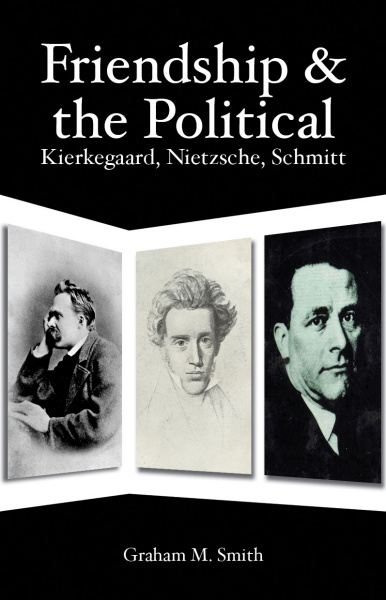This book reappraises the idea of "friendship" in contemporary political thought. Friendship was a central notion for the Ancients, being regarded as a political ideal to rank alongside justice. The author explores the possibilities for theorising friendship in modern times through an examination of three seminal thinkers: Kierkegaard, Nietzsche and Schmitt. He shows that friendship is a vital descriptive, analytic and normative idea in contemporary political thought, identifying and valuing the horizontal moral and affective affinities that bind political communities. Reappraised in this way, friendship is shown to play an important role in redeveloping the contours of current debates around liberalism, communitarianism, community, social cohesion, civil society, justice, power, and ultimately our understanding of the political itself.


